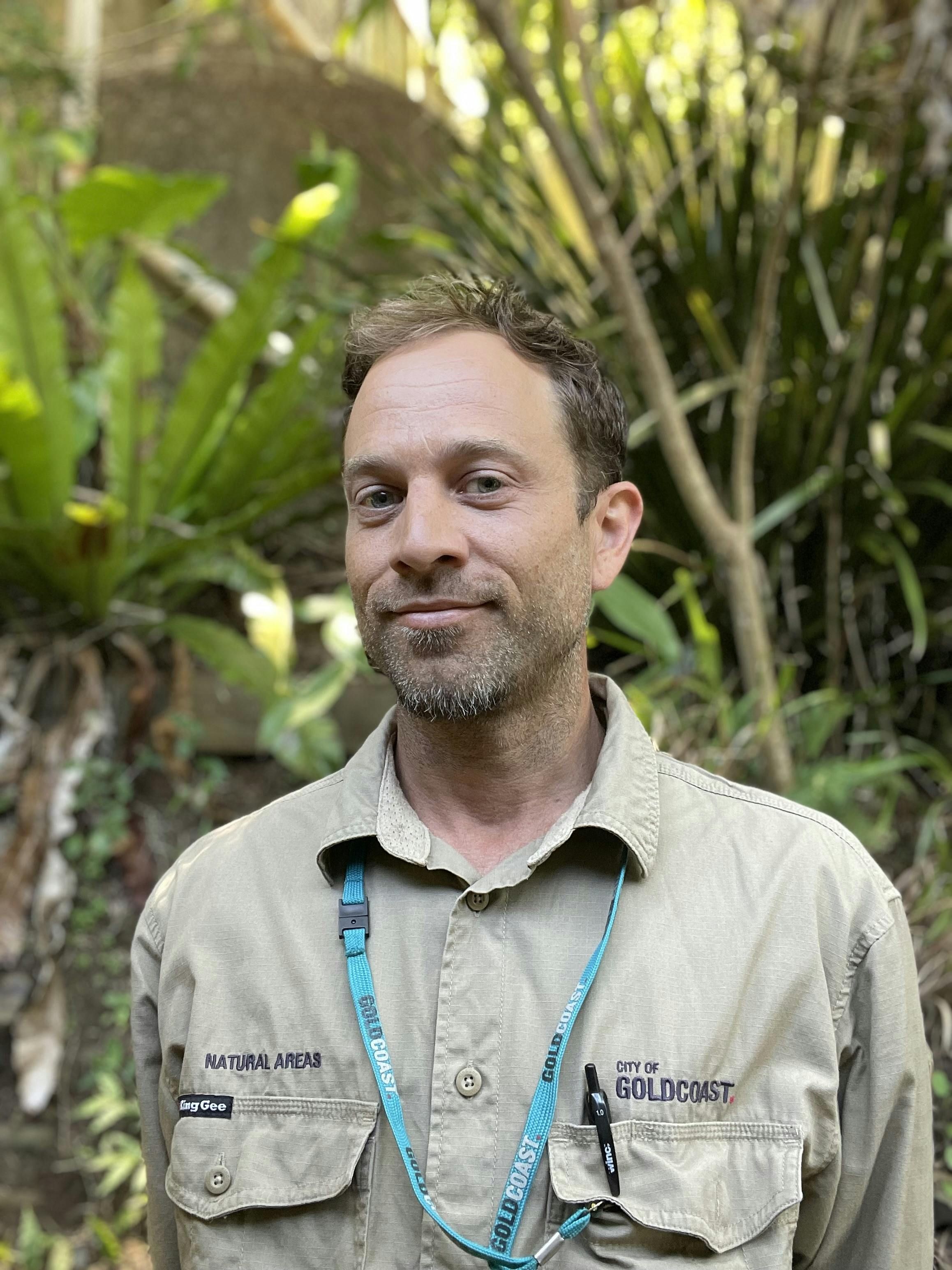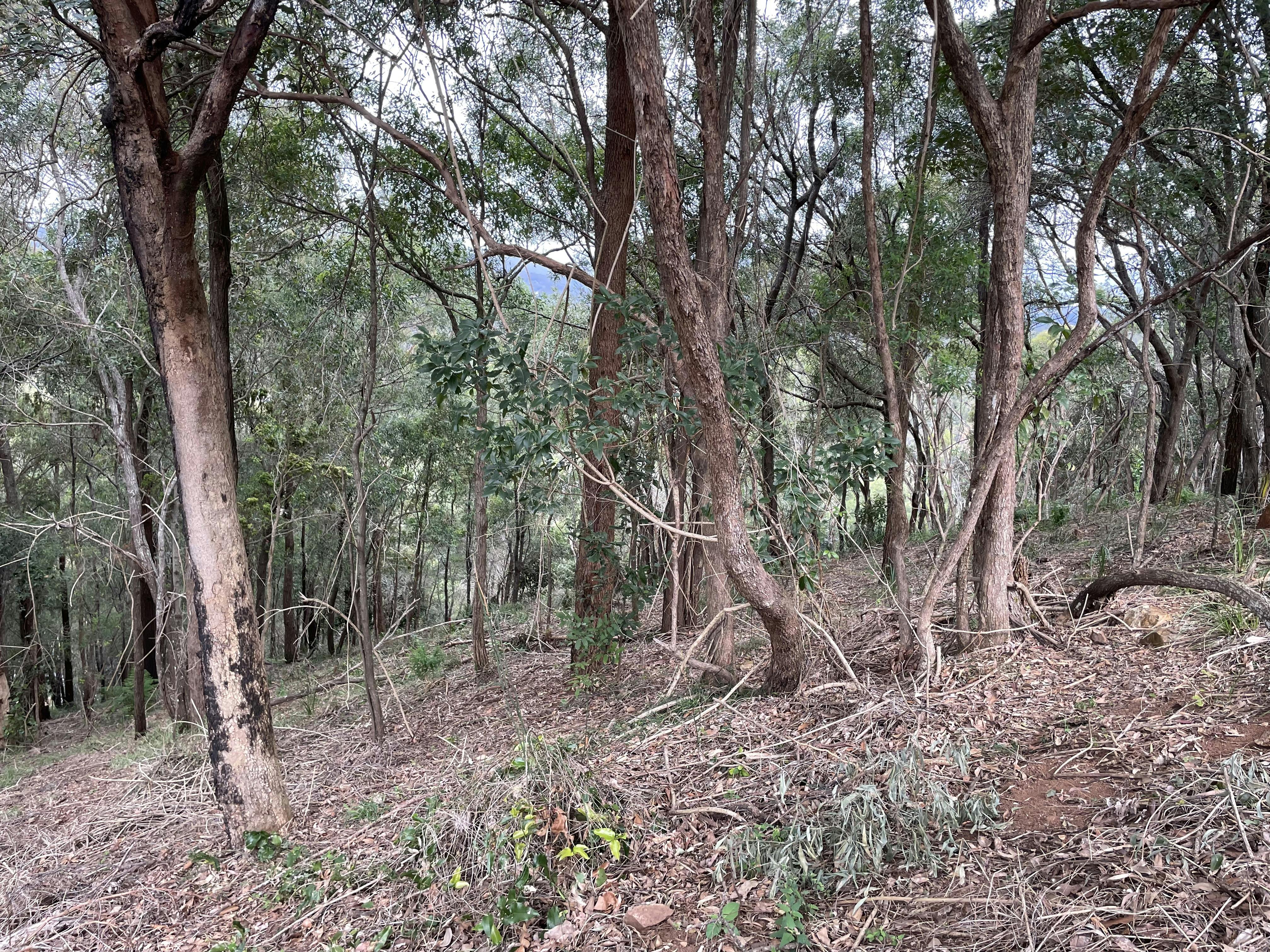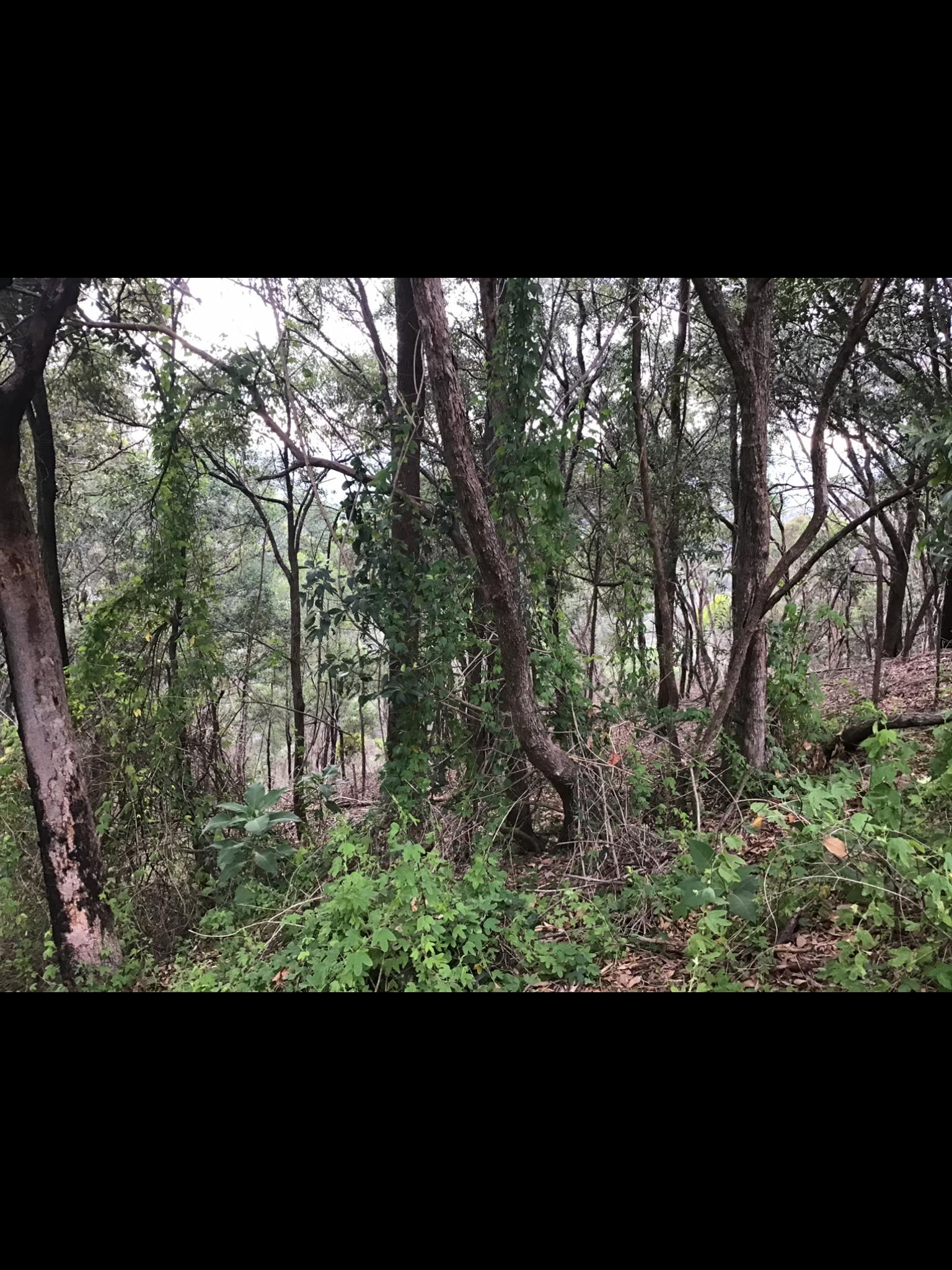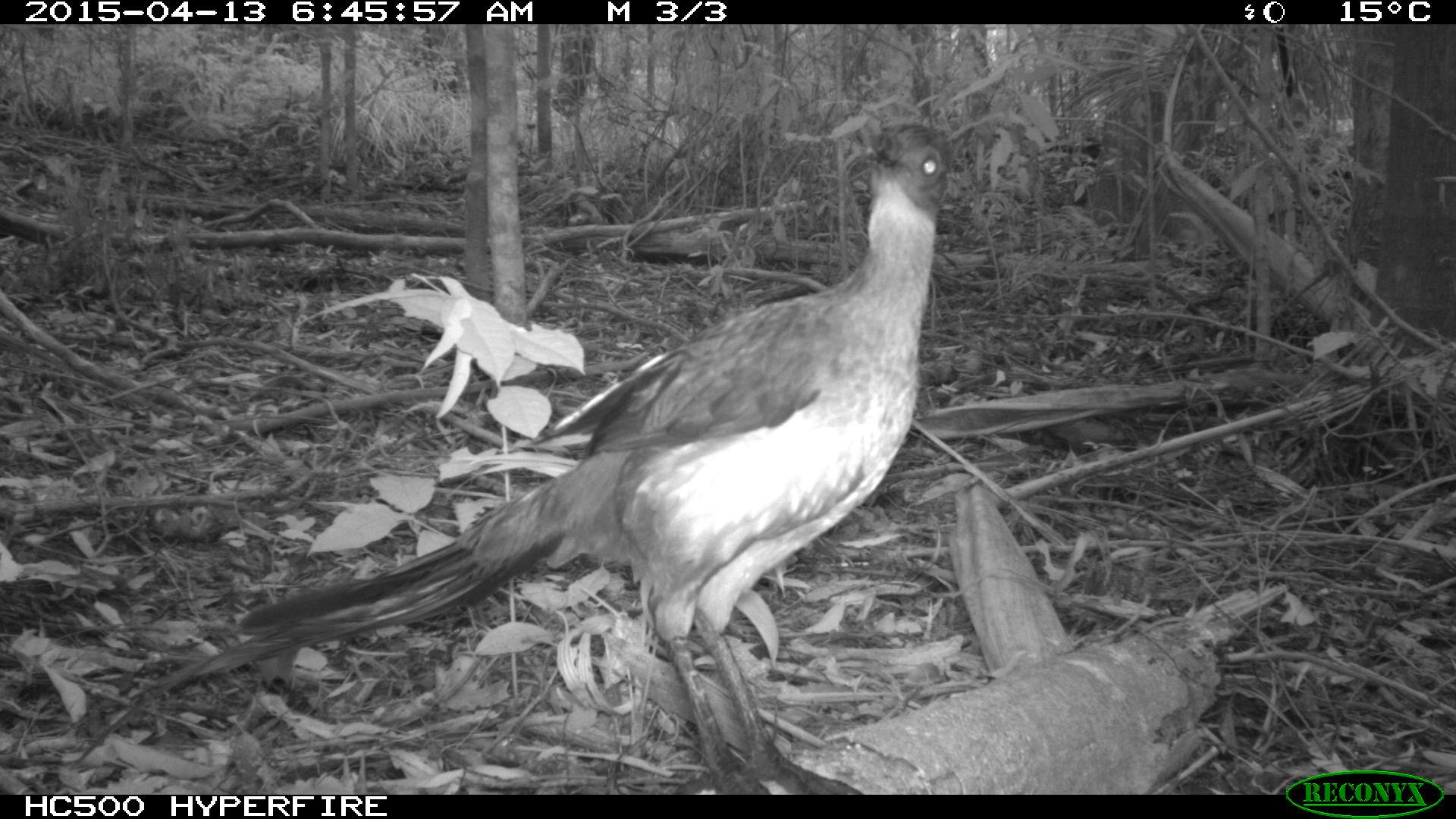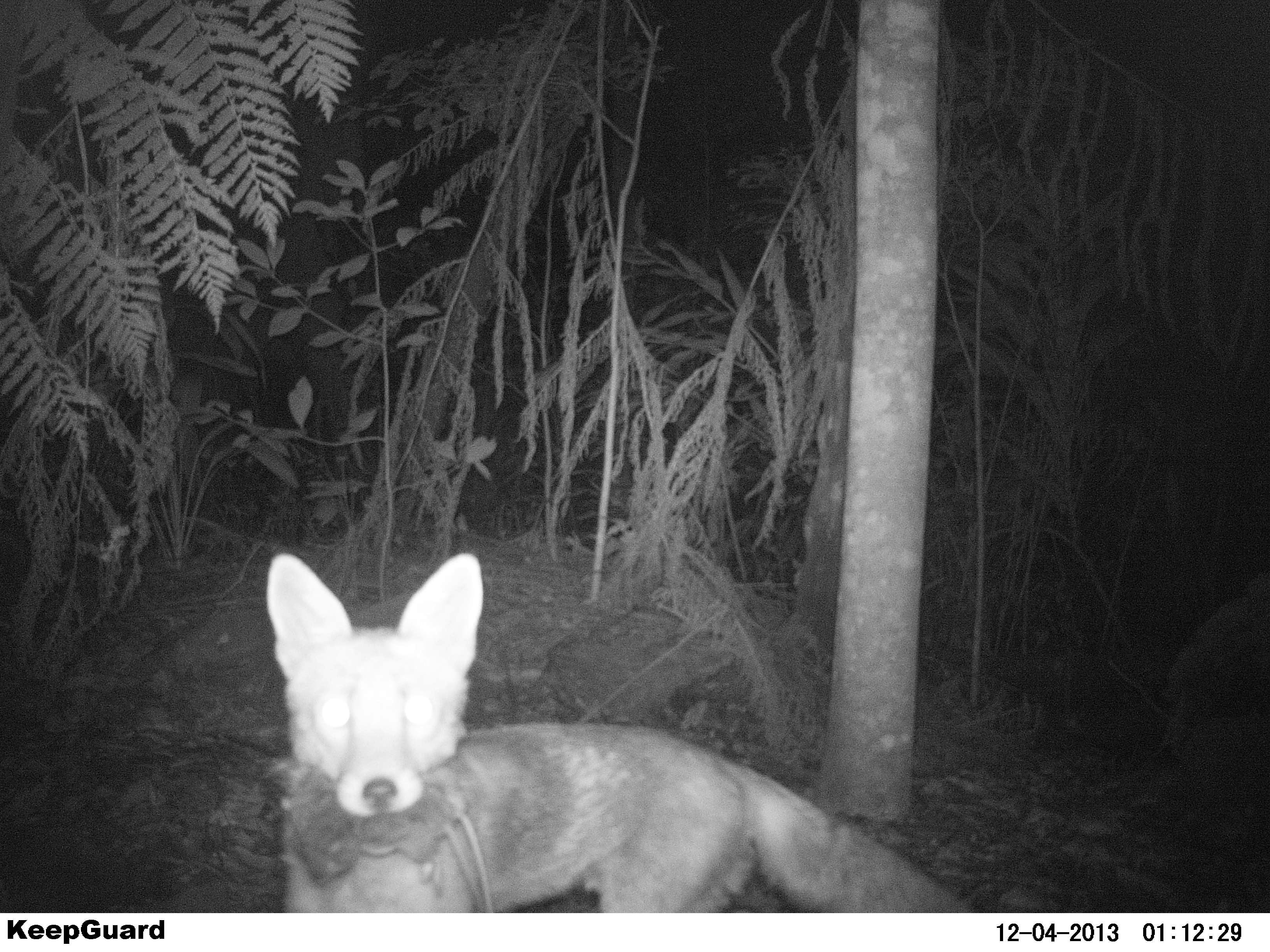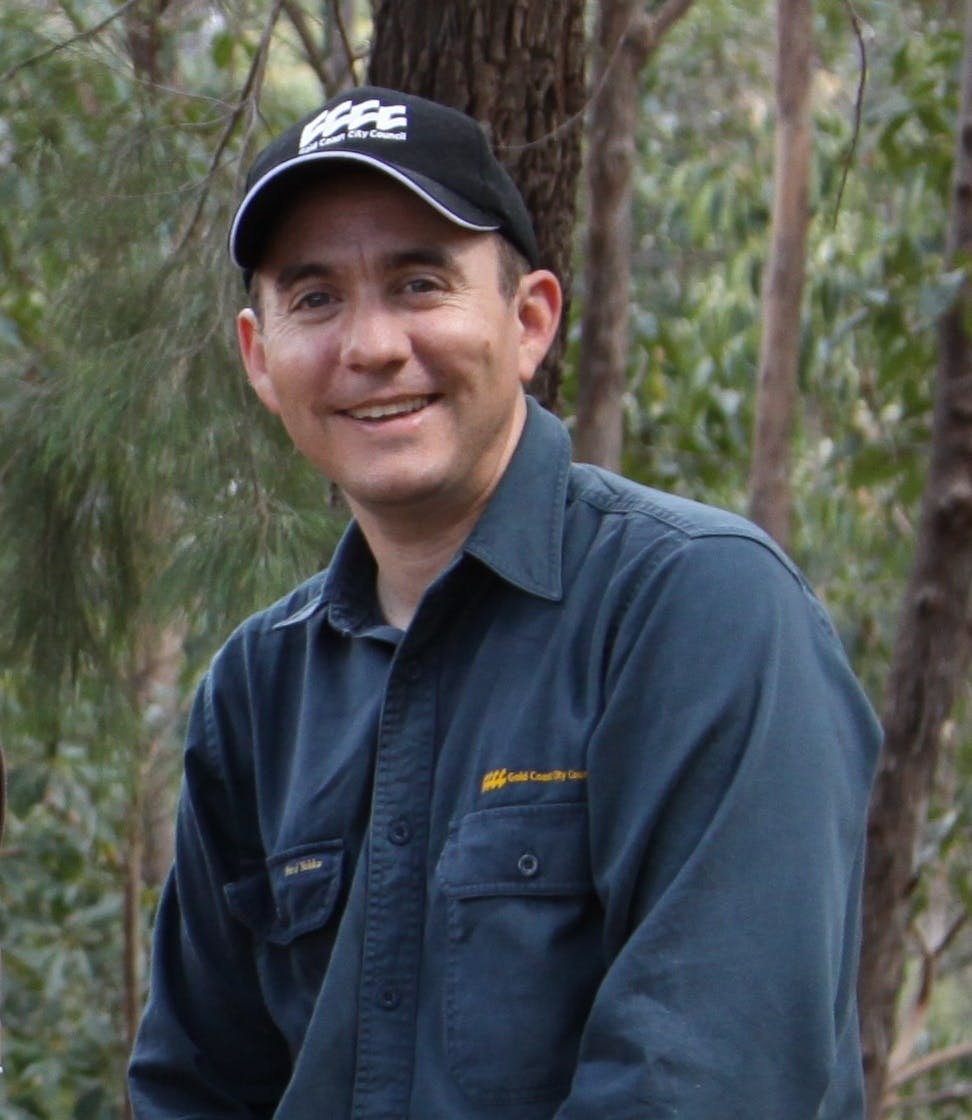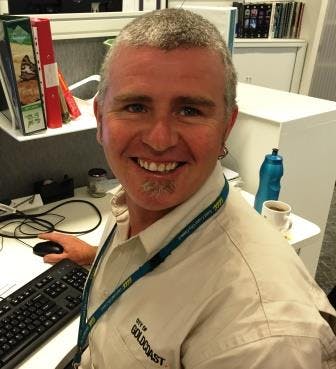Conservation Partnerships Program

Most of the habitat supporting our native plants and animals is found on private properties, not National Parks or reserves.
In recognition of the important role private landholders play in achieving conservation outcomes across the city, the Conservation Partnerships Program offers a number of schemes to support private landholders restoring and protecting their property's wildlife habitat. These schemes include Land for Wildlife, Voluntary Conservation Agreements and the Nature Conservation Assistance Program.
Most of the habitat supporting our native plants and animals is found on private properties, not National Parks or reserves.
In recognition of the important role private landholders play in achieving conservation outcomes across the city, the Conservation Partnerships Program offers a number of schemes to support private landholders restoring and protecting their property's wildlife habitat. These schemes include Land for Wildlife, Voluntary Conservation Agreements and the Nature Conservation Assistance Program.
-
Latest Resilient Landscapes Hub News - New Free Webinars for Land for Wildlife Members

The Sharing My Place team are excited to offer a new series of free online webinars to help Land for Wildlife landholders learn more about the wildlife on their properties.
These practical sessions will cover topics such as using wildlife cameras, getting more value from iNaturalist, setting up property projects, and exploring other easy-to-use citizen science apps for monitoring frogs, birds, and waterways.
The webinars will have something for everyone and are suitable for beginners to experts, presented at a relaxed pace, and include time for questions. You’re welcome to attend one session or the whole series.
Here's a list of webinars the Sharing My Place team are running:
Webinar Series #1 - Camera Trapping 101: Setting, Sorting and Sharing - 15th January, 2026
Webinar Series #2 - Putting the Science in Citizen Science - 19th February, 2026
Webinar Series #3 - Establishing iNaturalist Property Projects - 19th March, 2026
Webinar Series #4 - Citizen Science Apps. - 16th April, 2026
Register via Eventbrite to receive the webinar link and reminders.
https://SharingMyPlaceWebinars.eventbrite.com
This project is supported by the Australian Government through the National Environmental Science Program’s Resilient Landscapes Hub.
-
Check out the latest article in the Resilient Landscapes Hub News

Want to learn more about the NESP Resilient Landscapes Hub project that we are collaborating in? Read the latest Resilient Landscapes Hub News feature:
👉 Landholders noticing nature are key to Australia’s 30 by 30 conservation goalsKeen to participate? Reach out to us at conservationpartnerships@goldcoast.qld.gov.au.
-
NESP Resilient Landscapes Hub - Update

On Thursday 2 October, enthusiastic Land for Wildlife members joined NESP researchers Maika Hofman and Michael Tervo for two inspiring workshops.
The day began with an introduction to iNaturalist, a free app and online platform that helps users record and share observations of plants, animals and fungi. Participants learned how to use the app, upload photos and species information, and explored how their observations can contribute to scientific research and connect them with other nature lovers. A guided nature walk followed, providing the chance to practise using iNaturalist and improve identification skills with expert support.
That evening, the group ventured into a local council reserve known for sightings of the threatened Greater Glider. While the gliders remained elusive, participants spotted possums, wallabies and a Tawny Frogmouth, and learned about spotlighting techniques and Greater Glider ecology.
A big thank you to Maika, Michael and everyone who took part for making the day such an enjoyable and educational experience.
-
NESP Resilient Landscapes Hub - Update

The NESP Resilient Landscape Hub team — made up of NESP researchers from James Cook University, the University of Tasmania, and four Councils in the SEQ Land for Wildlife Program — partnered with the Sunshine Coast University greater glider dog detection handler, Austin the greater glider detector, and Conservation Partnerships Program (CPP) Land for Wildlife officers. Together, they have been undertaking engagement activities and Greater Glider Dog Detection surveys as part of the project.
Landholder interviews: We are now nearing completion of interviews with participating landholders. These conversations are helping us better understand land management priorities and opportunities across the project area.
Greater glider surveys: Surveys have been carried out during the day with Austin, a specially trained Border Collie with specialised skills to sniff out greater glider and koala scats. These surveys are almost complete and will provide valuable insights into habitat use and conservation needs for these nationally threatened species.
Last week, we were excited when Austin detected greater glider scat on a Land for Wildlife property in Gilston — the first scat found by a specialised dog on a Land for Wildlife property on the Gold Coast!
Thank you to everyone who has contributed their time and knowledge so far.
Stay tuned for the next stage of the project, when we will share key findings from our upcoming iNaturalist Walk and Talk and Greater Glider Spotlighting events on the 2nd of October!
* This project is supported with funding from the Australian Government under the National Environmental Science Program.
-
NESP Resilient Landscapes Hub

In January of this year, the team were thrilled to announce the launch of a special project for the City of Gold Coast' Land for Wildlife members in partnership with James Cook University and University of Tasmania in a National Environmental Science Program (NESP Resilient Landscapes Hub) project. This project aims to work with our Land for Wildlife members, exploring and learning about the biodiversity on your property and beyond.
What’s New?
We've set up a dedicated iNaturalist project for the City of Gold Coast. By joining, you’ll:
- Automatically share your wildlife observations with expert researchers.
- Learn how to identify wildlife and receive help with identifying plants and animals.
- Gain valuable advice to support conservation efforts on your property.
To have your observations automatically included in the project, and to access identification and ecological information support, join City of Gold Coast's project here.
If you need assistance joining the project, please check out this "How To Join" guide.
Our researchers have also shared regular updates via iNaturalist and have produced a number of wonderful factsheets and guides that you can access via our library (to the right).
Along with these factsheets and guides, there are also a number of Webinars that they have run and you can view them here:
-
Video: Conservation Partnerships

The City recognises the important role private landholders play in achieving conservation outcomes across our city. We were delighted to catch up with Andy and Erina to hear their story and capture it in a short video.
After moving to the Gold Coast hinterland, Andy and Erina got in contact with the Conservation Partnerships Program, and with support, they began their efforts to restore the bushland on their property.
We hope you find the video inspirational and we encourage you to share it with other landholders who might be in a position to undertake ecological restoration work.
-
Ecological Restoration technique videos

Some of our Conservation Partnerships officers have been immortalised in our newly released Ecological Restoration technique videos. These have been designed to assist our Land for Wildlife members and the broader public with best practice techniques in weed control and planting. We hope you find them useful and please share them with other landholders that are conducting ecological restoration.
-
Our Ecological Restoration workshop keeps getting better!
The flagship workshop for the Conservation Partnerships Program is our Ecological Restoration workshop. That’s because educating and equipping our Land for Wildlife members to undertake ecological restoration on their properties is of critical importance to protecting and enhancing the biodiversity of our city. We aim to teach you the best practice approach, enabling you to achieve restoration of disturbed areas in the quickest, cheapest and most efficient way. We are always looking to improve the content and delivery of this full day workshop to better get our key messages across and inspire you to get started.
Our workshops continue to be full booked with a waitlist, which is great for a workshop we’ve offered to our members consistently for over 10-years. The participants who attend our workshops are very keen and on-the-ball with lots of great questions. We have received some pleasing written feedback as well:
What did you like about the workshop?
“Thank you for a great day on Saturday. Practical demos were really useful. Professional presentations, packed with information and so enjoyable. The enthusiasm of the presenters and the participants was contagious in the relaxed atmosphere. The sequencing of restoration management strategies was particularly well communicated and helpful.”
“Connecting with a group of like minded people who shared their knowledge along with the very knowledgeable presenters. Friendly, encouraging and willing to help whenever, where ever they can. Time went so fast as it was so interesting and informative. PS. Lunch deserves a mention - well done!”
“Interacting with neighbours and hearing of their own struggles, triumphs and ways of dealing with problems we all face. Sometimes you can feel alone and unsure of the way forward on your own patch of paradise and I found the knowledge and passion of both presenters extremely beneficial.”
“Very concise knowledge of weed control and excellent advice via demonstration of weed control methods. Great photographic examples of restoration timelines. Really nice lunch. Excellent free set of tools and weed killers (totally unexpected but gratefully received). Will definitely attend future workshops”
Contact the team for our next Ecological Restoration workshop via email: conservationpartnerships@goldcoast.qld.gov.au. If you haven’t previously attended or attended a few years ago, we recommend you come along!
-
Celebrating 20 years event photos





































-
Celebrating 20 years of Land for Wildlife on the Gold Coast
NESP Resilient Landscapes Hub Photos
Ecological restoration photos
Fauna Monitoring cameras
Video Gallery
-
Click here to play video Ecological Restoration timelapse video
-
Click here to play video Gliders in a nest box - Lower Beechmont Recently, Conservation Partnerships Officers carried out a nest box audit in Lower Beechmont, only to discover some very cute gliders inside. Old trees (whether dead or alive) with hollows provide essential habitat for a broad range of Australian wildlife and in their absence, nest boxes can play a vital role for hollows, providing nesting opportunities for a wide range of wildlife.
Who's Listening
-
Senior Conservation Partnerships Officer
-
Senior Conservation Partnerships Officer
-
Senior Conservation Partnerships Officer
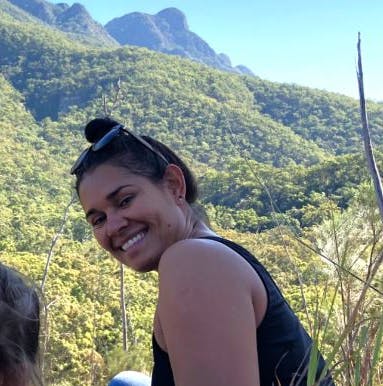
-
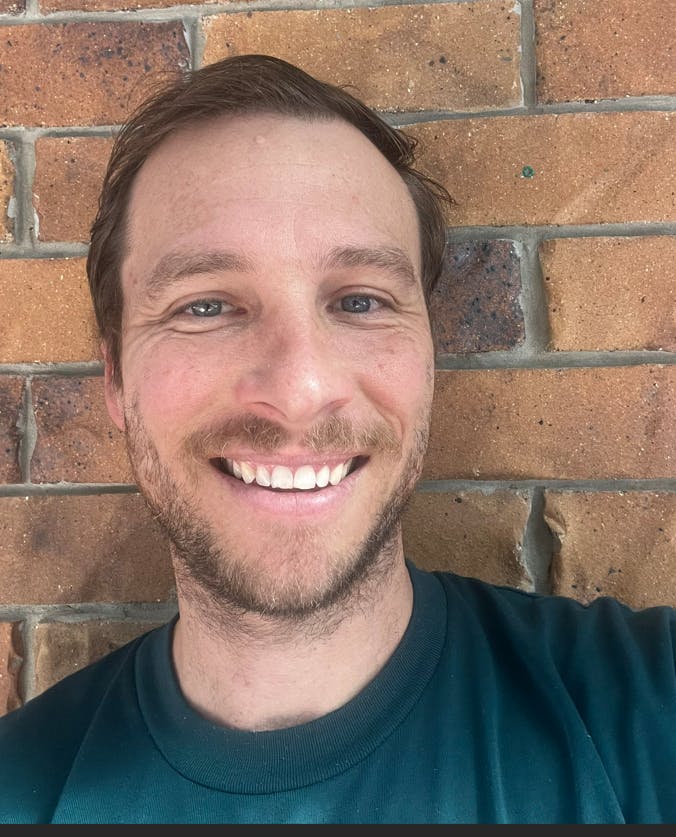
-
Conservation Partnerships Officer
